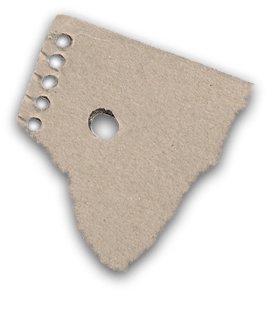

| sweet: | 2.2 |
On an unseasonably sunny day this past September, my friend Beth and I spent the better part of an afternoon wandering through Glasnevin cemetery in north Dublin. Glasnevin, which is officially called Prospect Cemetery, is an endless procession of labyrinthine paths, Victorian crypts, and dramatic headstones. It offers the visitor all the Victorian splendor of ten-foot crosses, twenty-foot angels, and the carved, long-winded explanations of who lies where, who or what killed them, and what they might have accomplished in their short tenures on this earth. For tourists like Beth and I, they offer two tours—the writers tour and the revolutionaries tour. Hapless as we are, we missed both, and spent most of the afternoon getting lost.
Of the famous, Glasnevin houses the heroes of the Irish Cause—Daniel O’Connell, Charles Stewart Parnell, Michael Collins. Maude Gonne, the love of Yeats’ life, is buried there, as is bad boy playwright Brendan Behan. We were after the poet Gerard Manley Hopkins, and we found him in a humble, unmarked clergy plot, his name listed with another hundred or so.
It’s no mistake, in Ireland, that writers and revolutionaries are buried side by side and in such numbers. The Irish War for Independence was sparked, after all, by a conspiracy of poets—Thomas MacDonagh, Joseph Mary Plunkett, Padraig Pearse. “You can throw a rock,” an Irish editor told me later that week, “and hit a poet in Ireland.” And some of those poets, like the ones who started the 1916 Easter Rising, have been dangerous enough to be martyred.
This forced me to consider an important, and I think, often overlooked fact: writing is a fundamentally dangerous activity. The act of creation, that is, is a revolutionary act, in the sense that the new, the novel, the progressive, is always dangerous. Maybe this is why the NEA budget is so small. The act of creation scares the hell out of those who fear change. In this respect, it’s worthwhile, I think, to remember that all poets are warrior poets, fighting the noble or ignoble fight, bringing voice to the voiceless—be them oppressed citizens or those subtleties of human experience which we cannot name.
The modern Irish buy more poetry per capita than anyone else in the world, and artists of all stripes are given handsome tax breaks. Perhaps this has something to do with what Irish culture is celebrated for—kindness, humor, passion, an impenetrable sense of hospitality. I’d offer that we’re all better people for reading good literature, verse or prose or anything in-between, and that what’s at stake in getting that work out there, from inspiration to publication, is magnificently dangerous. Here, we hope Sweet is doing it’s own small part in promoting that.
| ...return to Table of Contents |
